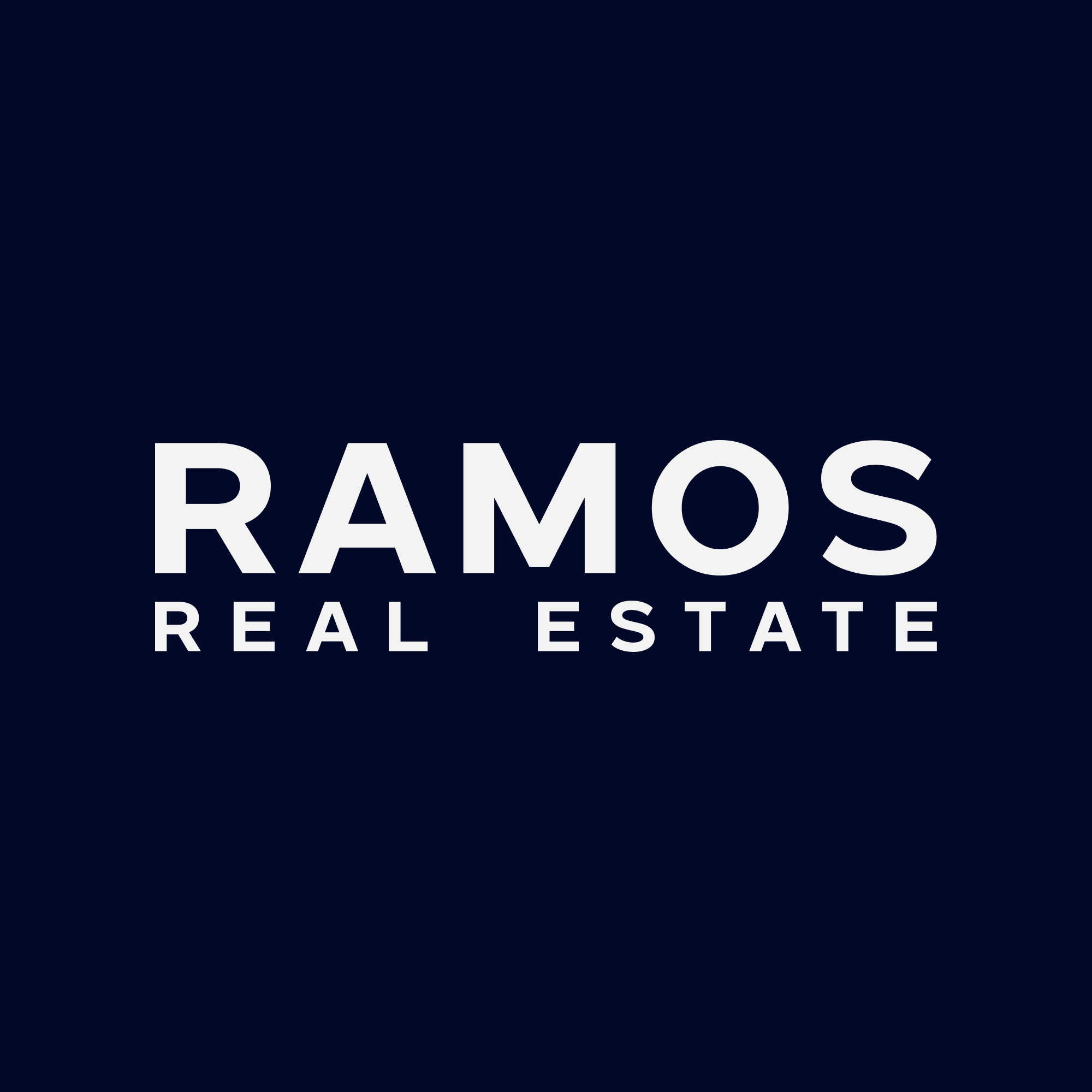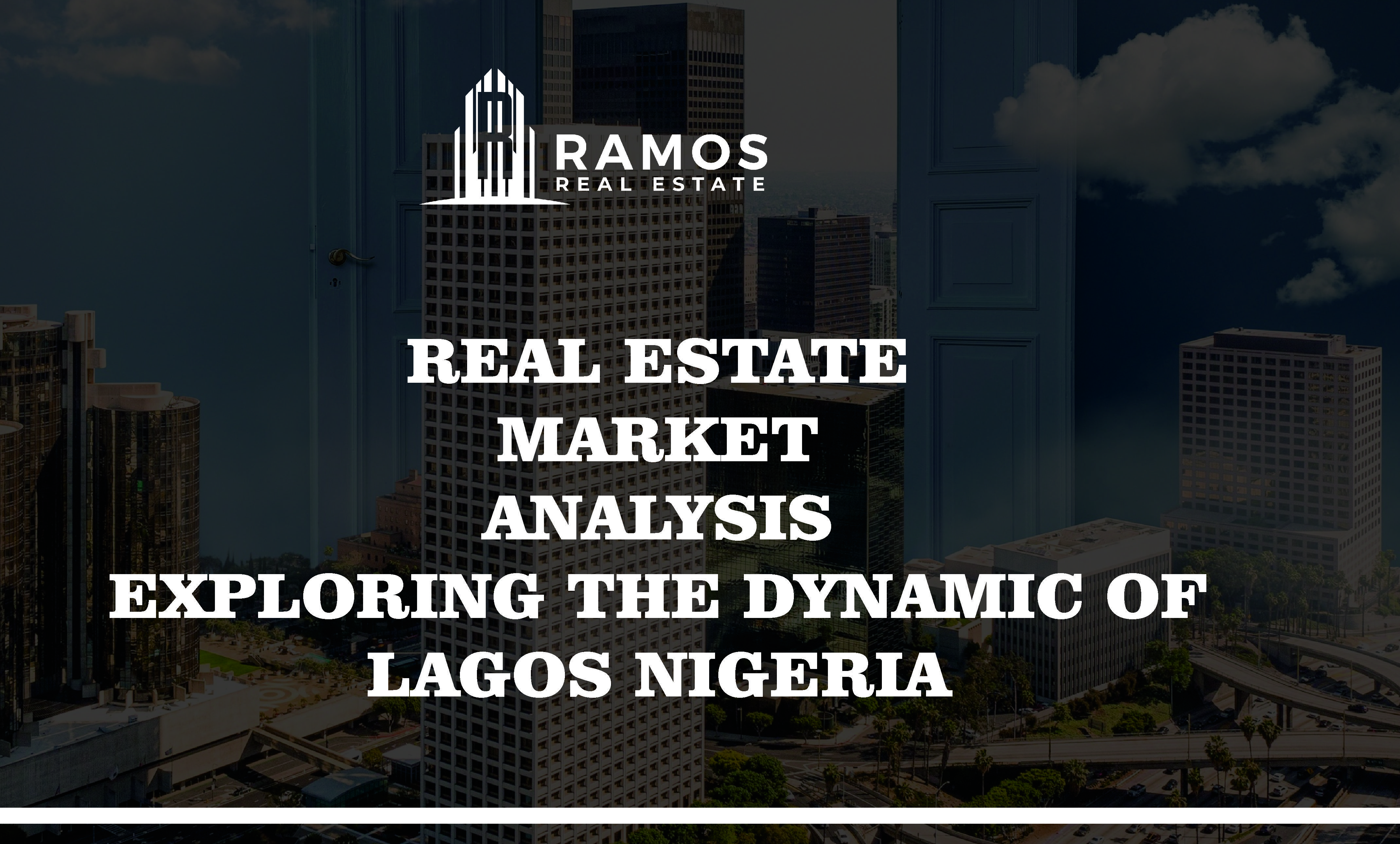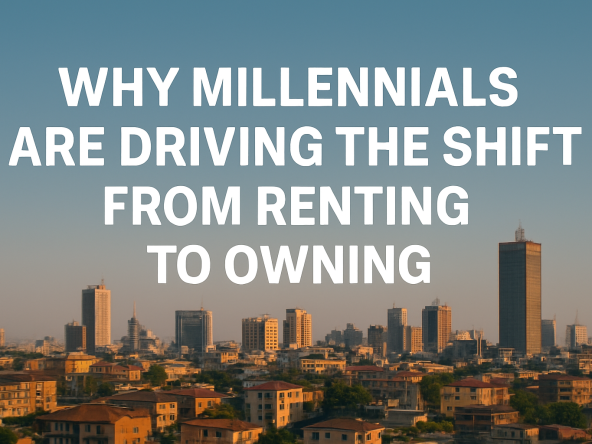Introduction
The real estate market in Nigeria, particularly in urban centers like Lagos, is a dynamic landscape influenced by various factors. Understanding the supply and demand dynamics, pricing trends, and economic indicators is crucial for investors, developers, and homebuyers alike. In this article, we delve into an in-depth analysis of the real estate market in Lagos, Nigeria, to provide insights into its current state and future prospects.
Supply and Demand Dynamics
Lagos, often referred to as the economic hub of Nigeria, experiences significant population growth and urbanization, driving demand for housing and commercial properties. However, the supply of real estate developments struggles to keep pace with this demand, leading to a persistent housing deficit. Factors contributing to this deficit include bureaucratic hurdles in the land acquisition process, limited infrastructure development, and challenges in obtaining financing for real estate projects.
Despite these challenges, Lagos continues to attract investment in real estate, with developers focusing on high-demand areas such as Ikoyi, Victoria Island, Lekki, and Ikeja. However, the supply of affordable housing remains a pressing issue, as the majority of new developments cater to the luxury segment of the market. As a result, there is a growing need for affordable housing solutions to accommodate the city’s burgeoning population.
Pricing Trends
Pricing trends in the Lagos real estate market are influenced by various factors, including location, property type, and market conditions. Generally, prime locations in areas like Ikoyi and Victoria Island command premium prices, driven by high demand from expatriates, corporate tenants, and affluent individuals. Luxury residential properties, waterfront estates, and high-rise apartments in these areas often fetch top dollar in the market.
In contrast, emerging neighborhoods such as Ajah, Ibeju-Lekki, and Alimosho offer more affordable housing options, attracting middle-income buyers and investors seeking value for money. Pricing in these areas tends to be more moderate, reflecting the balance between demand and supply dynamics.
Economic Indicators
Several economic indicators impact the real estate market in Lagos, including GDP growth, inflation rates, interest rates, and foreign direct investment (FDI). As the economic heartbeat of Nigeria, Lagos’s real estate market is closely tied to the overall economic performance of the country. Positive GDP growth, stable inflation rates, and favorable government policies can stimulate investment and growth in the real estate sector.
However, external factors such as fluctuations in oil prices, currency devaluation, and geopolitical instability can pose challenges to the market. Additionally, regulatory changes and government policies regarding land acquisition, property taxes, and urban planning can influence investor sentiment and market dynamics.
Conclusion
The real estate market in Lagos, Nigeria, presents both opportunities and challenges for investors, developers, and homebuyers. Despite the persistent housing deficit and pricing disparities, the city remains a lucrative investment destination fueled by population growth, urbanization, and economic development. Understanding the supply and demand dynamics, pricing trends, and economic indicators is essential for navigating the complexities of the Lagos real estate market and making informed decisions. As Lagos continues to evolve, stakeholders must adapt to changing market conditions and leverage opportunities for growth and development in this dynamic city.
Top of Form





